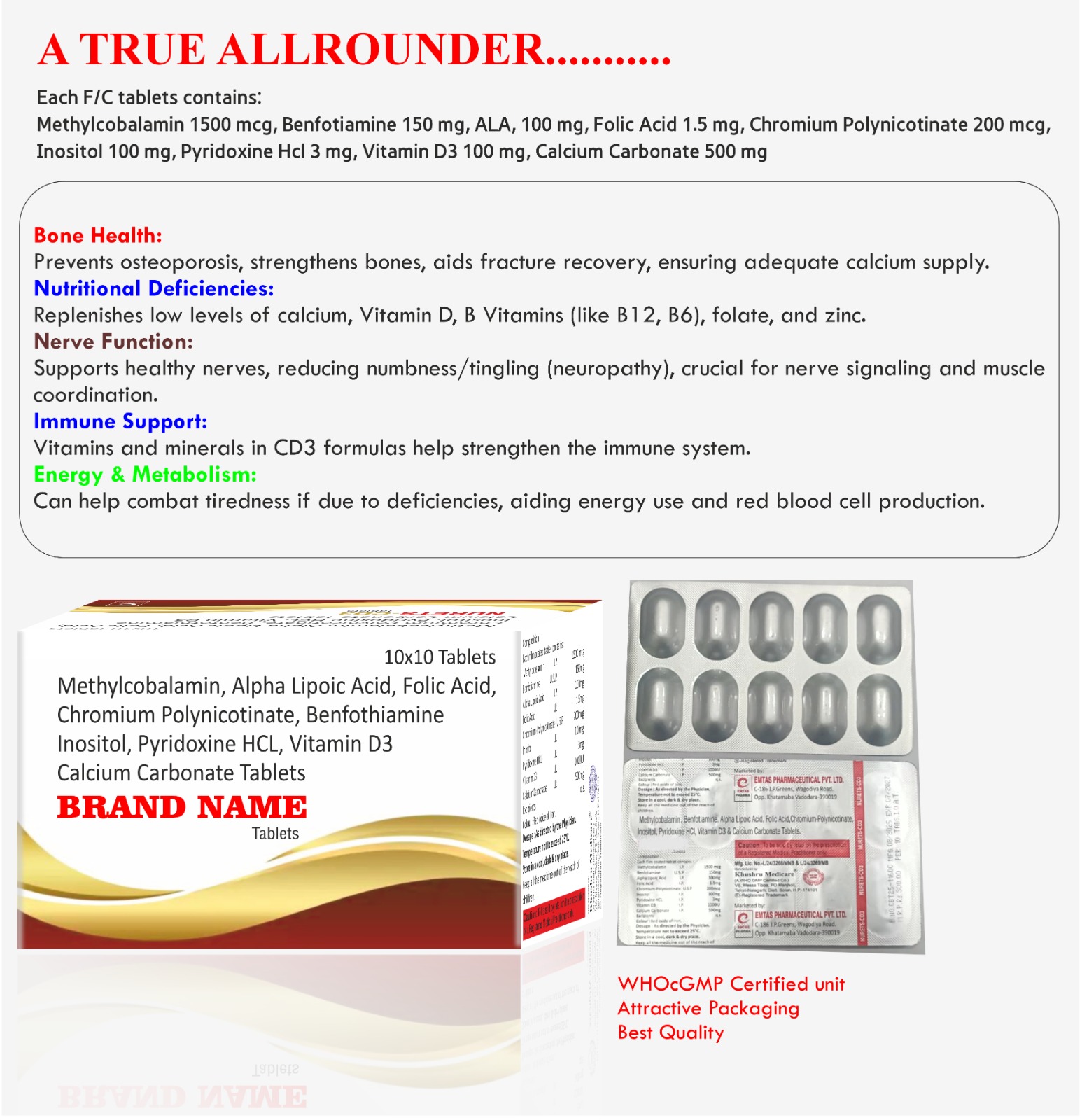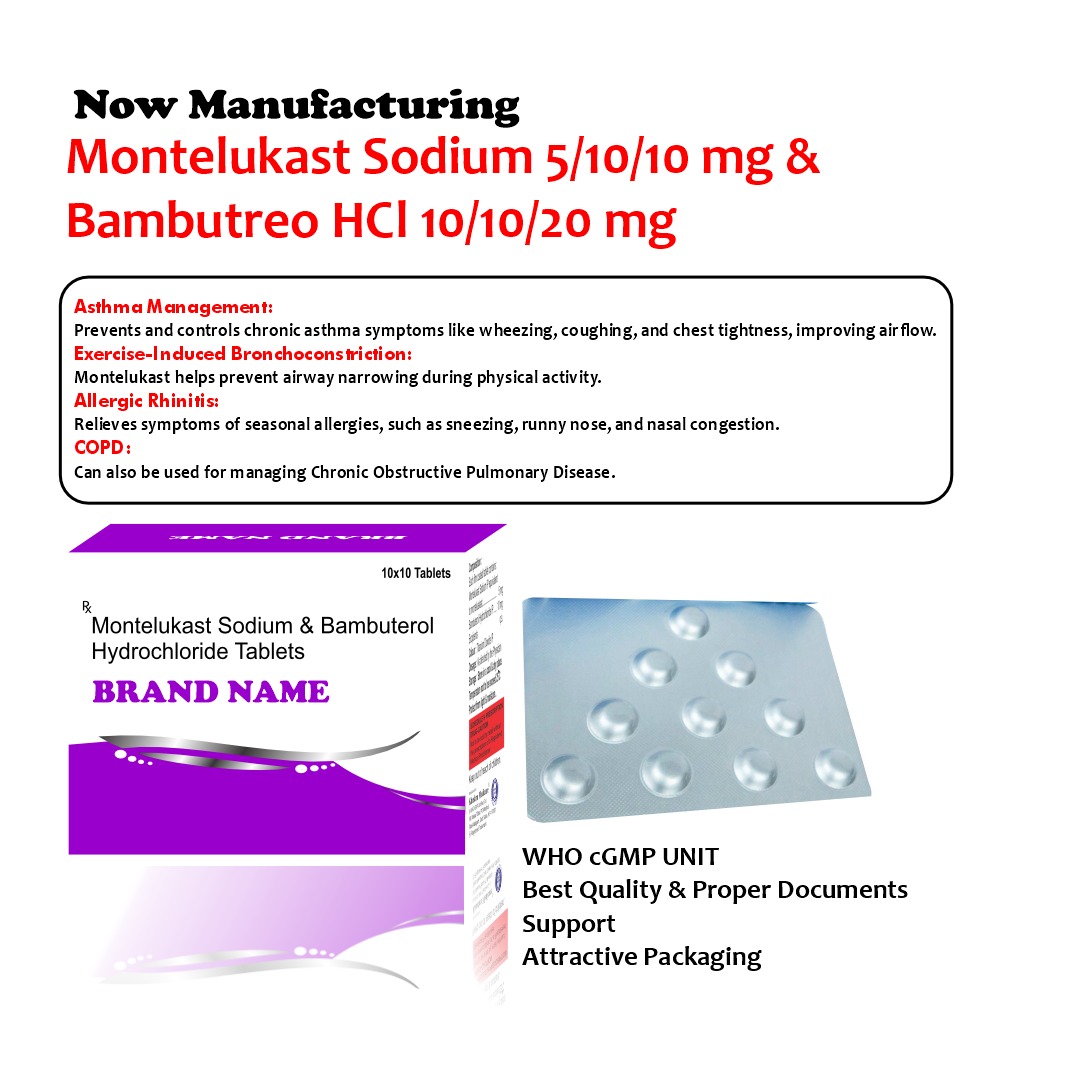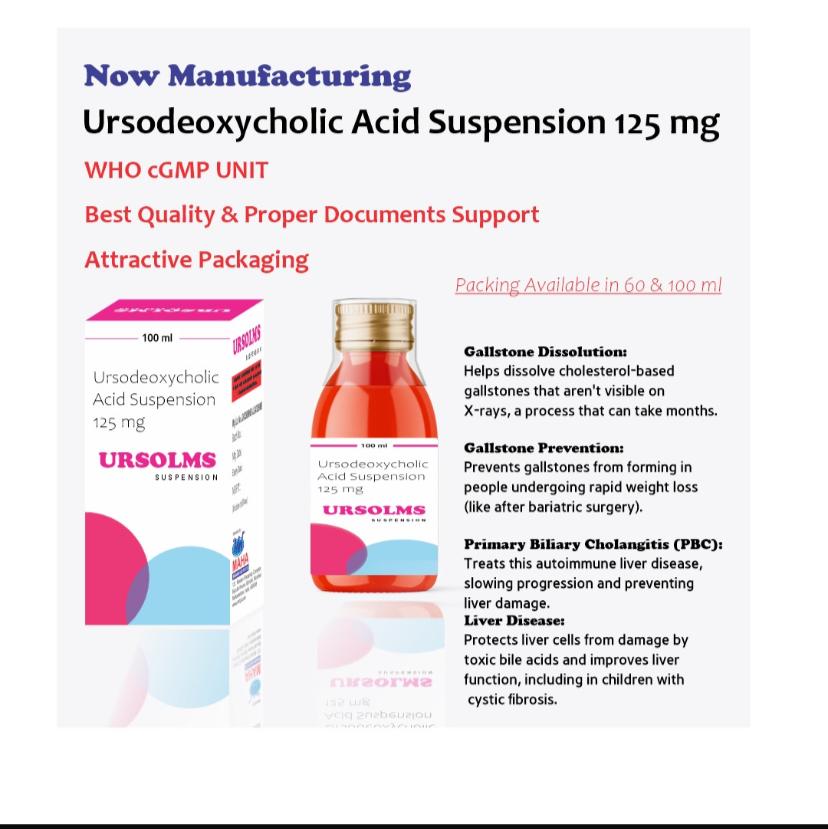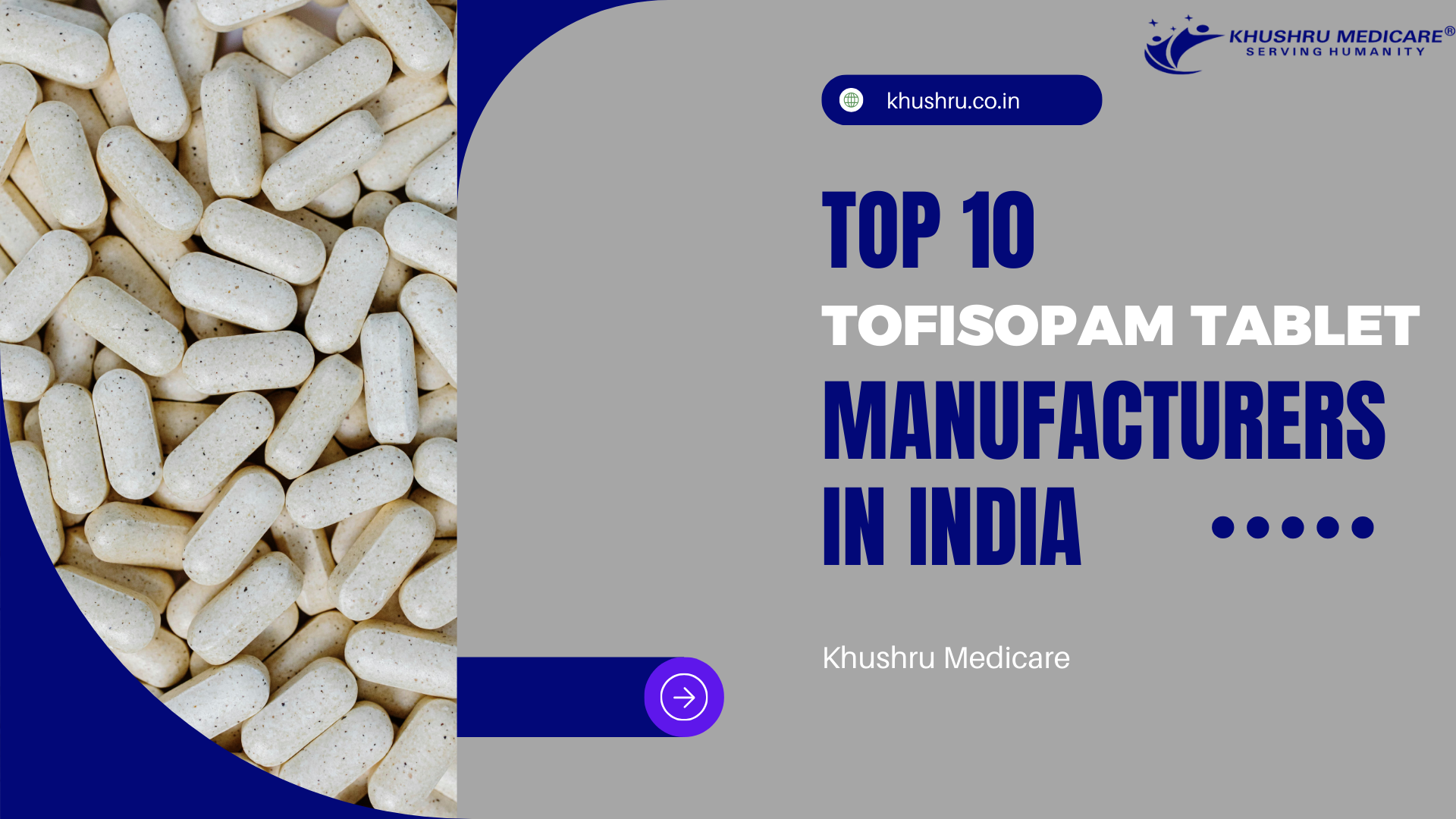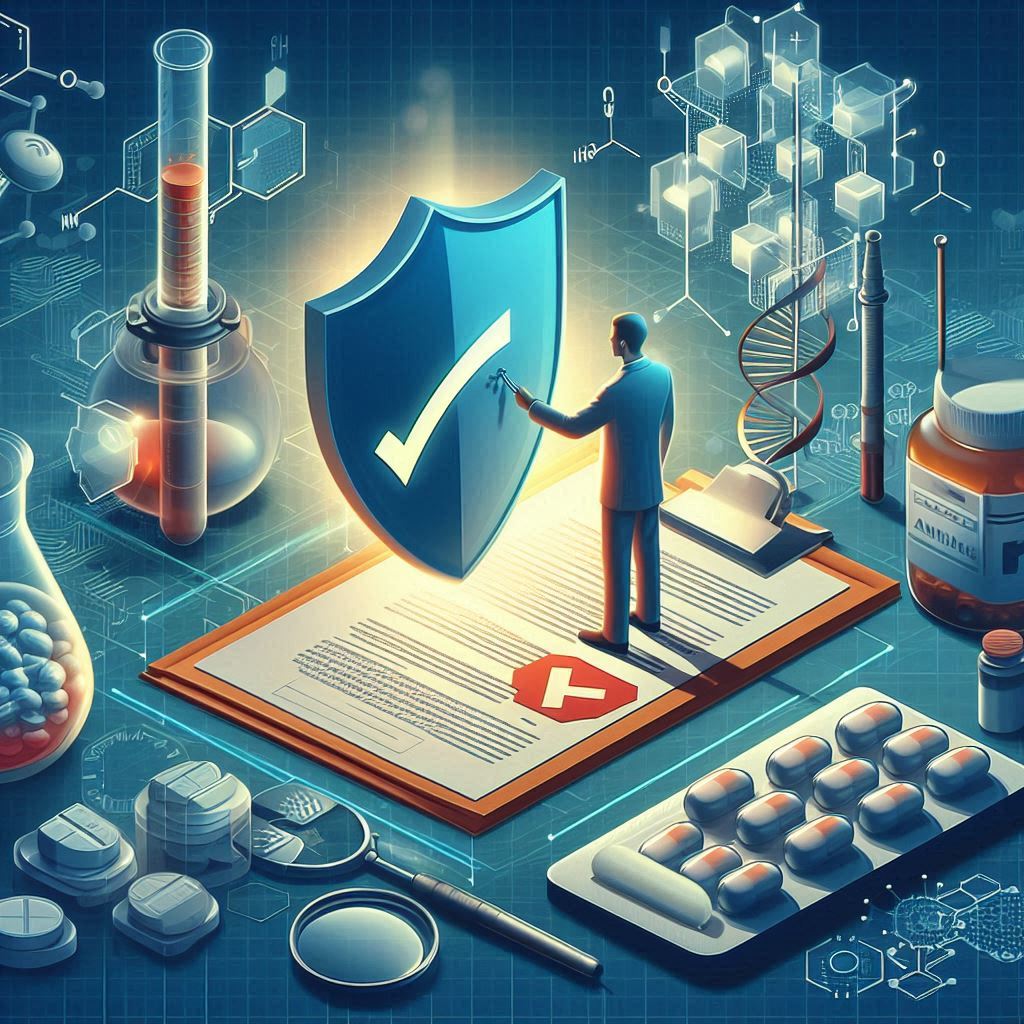
In the fast-paced world of pharmaceuticals, regulatory compliance is not just a bureaucratic requirement—it’s a cornerstone of ensuring that the medicines we rely on are safe, effective, and consistently of high quality. Regulatory bodies like the FDA (Food and Drug Administration) in the United States and the EMA (European Medicines Agency) in Europe set stringent guidelines that manufacturers must follow throughout the drug development and manufacturing processes. These guidelines cover everything from the cleanliness of manufacturing facilities to the accuracy of labeling on drug packages. The overarching goal? To safeguard public health by maintaining rigorous standards at every step of a drug’s journey from formulation to patient.
The Role of Regulatory Compliance
Regulatory compliance is more than just a checklist—it’s a commitment to upholding standards that directly impact drug quality and safety. By adhering to Good Manufacturing Practices (GMP), pharmaceutical companies ensure that every batch of medication meets predetermined quality specifications. For instance, GMP guidelines mandate that manufacturing processes be meticulously documented and that facilities undergo regular inspections to maintain cleanliness and prevent contamination. This systematic approach not only reduces the risk of manufacturing defects but also enhances the overall consistency and reliability of pharmaceutical products.
Impact of Regulatory Compliance on Drug Quality
Quality Assurance
Quality assurance is the bedrock of regulatory compliance in pharma manufacturing. Consider the case of Johnson & Johnson’s extensive recall of Tylenol products in the 1980s due to tampering, which prompted sweeping changes in packaging and security measures across the industry. These incidents underscore the critical importance of stringent quality assurance protocols in preventing product recalls and ensuring that medications are safe for consumption. Today, compliance with GMP standards and other regulatory requirements remains non-negotiable for pharmaceutical companies aiming to maintain trust and credibility with both healthcare providers and patients.
Product Recalls
Product recalls are a stark reminder of what can go wrong when regulatory compliance lapses occur. For example, in recent years, several pharmaceutical companies have faced recalls due to contamination issues or inaccurate labeling that could potentially harm patients. Each recall not only impacts the company financially but also erodes consumer confidence and underscores the need for rigorous adherence to regulatory standards. By learning from these incidents and implementing robust compliance measures, manufacturers can mitigate risks and uphold their commitment to delivering safe and effective medications to patients worldwide.
Impact of Regulatory Compliance on Patient Safety
Pharmacovigilance
Pharmacovigilance plays a crucial role in post-market surveillance by monitoring and assessing the safety of medications after they have been approved for use. Compliance with pharmacovigilance requirements ensures that any adverse effects or unexpected reactions are promptly reported and investigated. For example, the introduction of the FDA Adverse Event Reporting System (FAERS) has significantly enhanced the ability to detect and respond to potential safety issues associated with medications, thereby safeguarding patient well-being through continuous monitoring and regulatory oversight.
Adverse Events
Adverse events, such as unexpected side effects or interactions, highlight the importance of rigorous compliance with safety regulations throughout the drug development and manufacturing process. By adhering to comprehensive safety protocols and reporting requirements, pharmaceutical companies can minimize the occurrence of adverse events and prioritize patient safety. For instance, the recall of Vioxx (rofecoxib) by Merck in 2004 due to cardiovascular risks underscored the critical need for robust safety assessments and compliance with regulatory guidelines to protect public health.
Challenges in Maintaining Regulatory Compliance
Compliance Gaps
Despite stringent regulations, compliance gaps can occur due to various factors, including human error, evolving regulatory requirements, and complex supply chains. For example, a manufacturer may inadvertently overlook an update to GMP guidelines or fail to adequately train staff on new compliance protocols. Addressing these gaps requires a proactive approach, such as implementing regular audits, enhancing employee training programs, and leveraging technology to streamline compliance processes. By identifying and rectifying compliance gaps promptly, pharmaceutical companies can uphold regulatory standards and maintain the integrity of their operations.
Future Directions and Trends
Regulatory Reforms
The landscape of regulatory compliance in pharmaceuticals is constantly evolving, driven by advancements in technology, globalization of markets, and emerging public health challenges. For example, the implementation of the EU’s new Medical Device Regulation (MDR) aims to enhance patient safety and streamline regulatory processes for medical devices across member states. Similarly, the FDA’s focus on digital health technologies and AI-driven analytics reflects a broader trend towards leveraging innovation to strengthen regulatory oversight and ensure the safety and efficacy of new treatments.
Regulatory compliance is not just a legal obligation but a fundamental commitment to patient safety and public health. By adhering to rigorous standards throughout the drug development, manufacturing, and post-market surveillance phases, pharmaceutical companies can mitigate risks, enhance drug quality, and uphold trust with healthcare providers and patients. As regulatory frameworks continue to evolve and new challenges emerge, maintaining a proactive approach to compliance remains essential for safeguarding the integrity and efficacy of pharmaceutical products worldwide.

